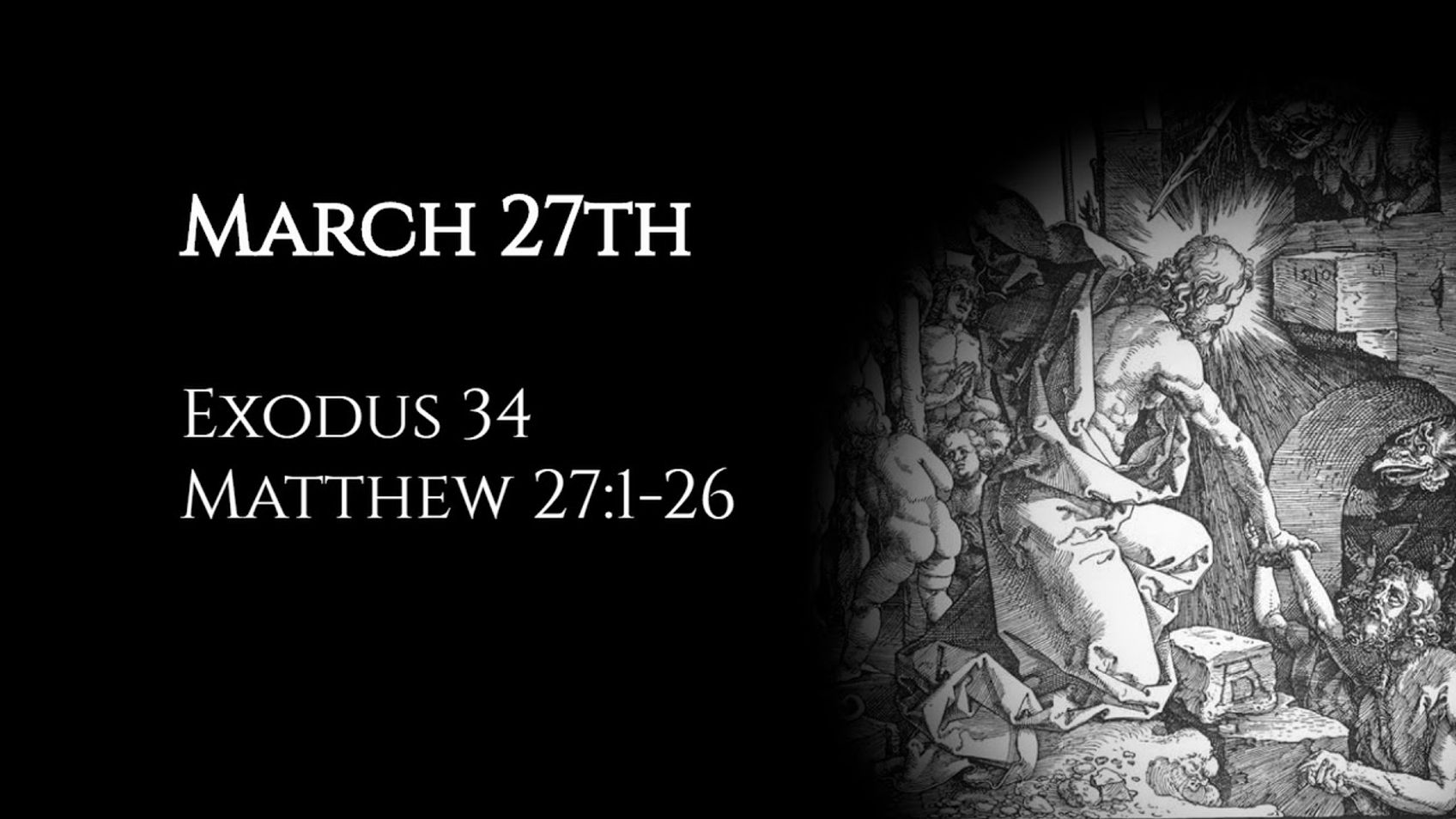March 27th: Exodus 34 & Matthew 27:1-26

The covenant renewed and the shining face of Moses. The staining blood of the innocent Jesus.
Some passages referenced:
Genesis 6:5, 8:21 (statement as basis for both judgment and grace); Exodus 32:9, 33:3 (the stiff-necked character of the people as basis for judgment).
Matthew 23:34-36 (blood of the martyrs coming upon that generation); Zechariah 11:12-13 (thirty shekels of silver); Jeremiah 18-19, 32:6-15 (the potter and the bought field); 2 Samuel 17:23 (Ahithophel); Isaiah 53:7 (sheep before its shearers is silent); Deuteronomy 21:1-9 (the rite for unsolved murder).
Reflections upon the readings from the ACNA Book of Common Prayer (http://bcp2019.anglicanchurch.net/).
If you have enjoyed my output, please tell your friends. If you are interested in supporting my videos and podcasts and my research more generally, please consider supporting my work on Patreon (https://www.patreon.com/zugzwanged), using my PayPal account (https://bit.ly/2RLaUcB), or by buying books for my research on Amazon (https://www.amazon.co.uk/hz/wishlist/ls/36WVSWCK4X33O?ref_=wl_share).
The audio of all of my videos is available on my Soundcloud account: https://soundcloud.com/alastairadversaria. You can also listen to the audio of these episodes on iTunes: https://itunes.apple.com/gb/podcast/alastairs-adversaria/id1416351035?mt=2.
More From Alastair Roberts
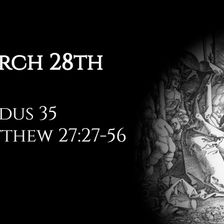
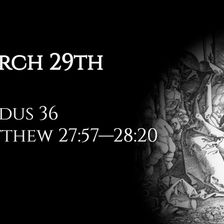
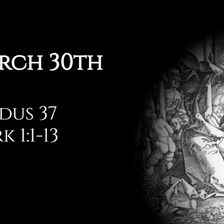
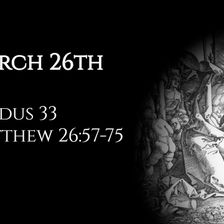
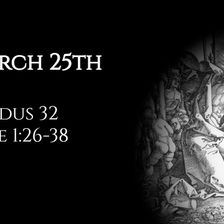
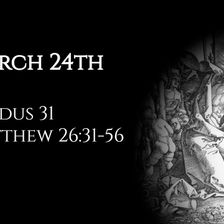
More on OpenTheo















